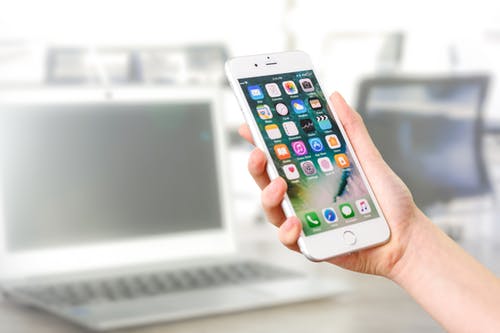Senior Georgia O’Reilly discusses social media and its impact on our mental health.
Every social media has different purposes. For example, Twitter is mainly a humorous platform for high schoolers, Instagram is a way to share the best images from your life, and Snapchat is a way to casually communicate with friends and acquaintances.
These days, teenagers are well versed in all social media platforms. It can be a bit addictive at times. There is a stigma around “young people” always being glued to their phone, but there is now evidence suggesting that there is a real addiction to technology and social media, as well as the negative effect it has on mental health.
There is a commonly-used term known as FOMO, or Fear of Missing Out. When someone sees their friends all hanging and excluding them on a Snapchat story or in an Instagram post, this can severely affect mental health. Exclusion from groups has probably been occurring from the beginning of time; however, social media makes it a lot more personal. The Center For Mental Health in the United Kingdom says “social media has been linked to poor self-esteem and self-image through the advent of image manipulation on photo sharing platforms.”
“Sometimes it just hurts when my friends say they’re busy but then I see them hanging out,” said an anonymous student. “Like why couldn’t they just tell me instead of me finding out through a Snapchat accidentally sent to me?”
Social media and its connection to mental health also affects self-image. A lot of the time, people assume that only girls are affected negatively by social media and their self esteem, but it applies to boys as well.
“I watch my friends post about their offers from colleges for football and baseball and of course I’m happy for them but it makes me feel terrible about myself because I don’t get as many as they do,” said one anonymous student.
There is also a link between sleep loss and social media. Sleep is also connected to mental health, so social media users can get into a harsh cycle. According to the Center For Mental Health in the United Kingdom “loss of sleep due to night time social media use can lead to poorer mental health, and poor mental health can lead to intense night time use and sleep loss.”
There is currently a large debate over whether social media has a negative effect on mental health. It can be an enjoyable sharing platform when used in moderation, but unfortunately, some users abuse the power that they hold with social media accounts to harm others.



